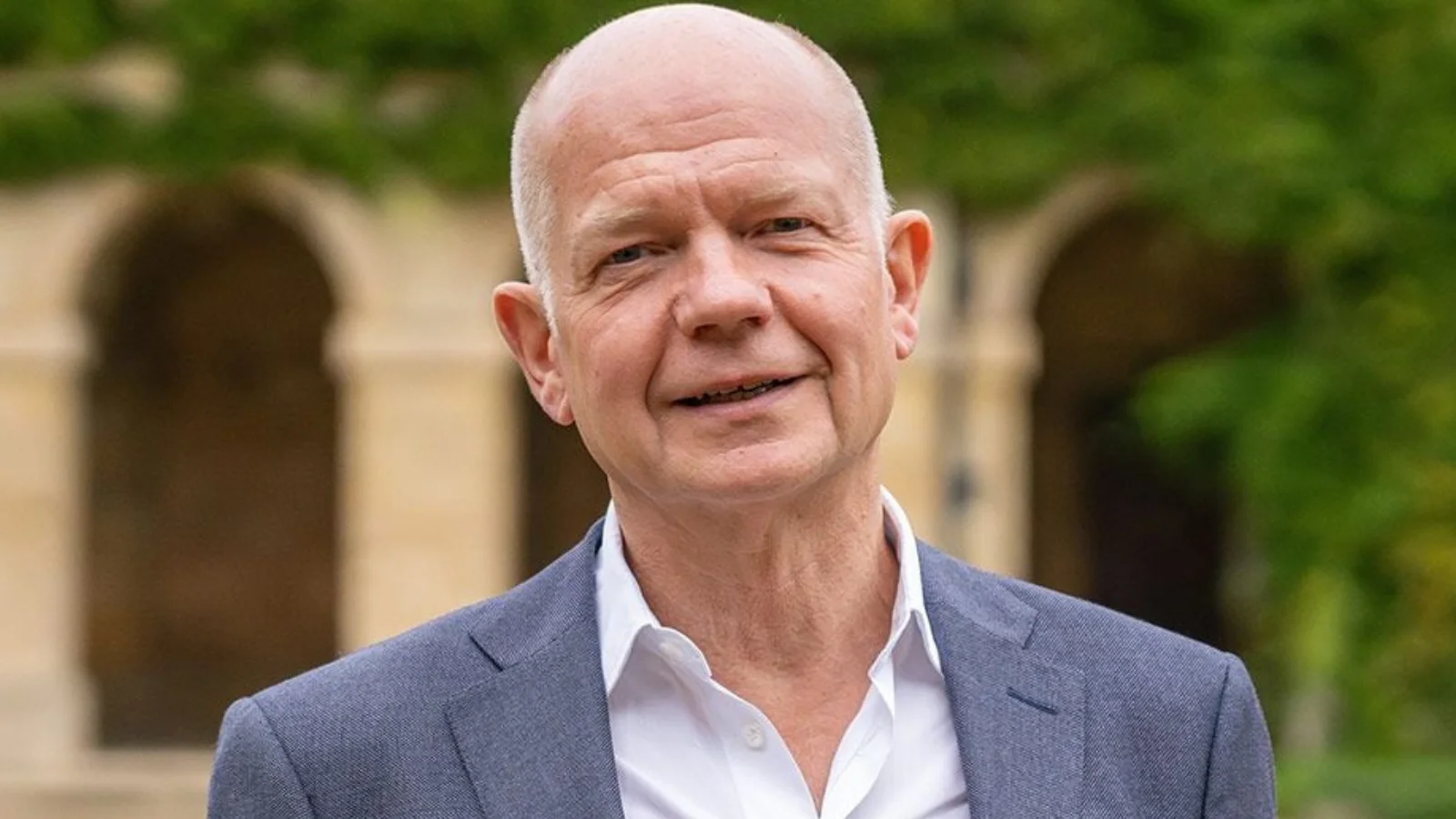Wind power is set to play a central role in the UK’s efforts to achieve net zero emissions by 2050, according to Professor Christopher Vogel. While wind turbines remain a divisive issue for many, recent government policy and industry trends point toward an expanded reliance on wind energy.
"Whether you love them or hate them, one thing is clear: if the UK is to meet its net zero target by 2050, then wind power will have to play a dominant role in getting us there," said Professor Vogel. He noted that policymakers have shown their commitment with the approval of major projects such as the Berwick Bank offshore wind farm in Scotland.
Modern wind turbines are large machines capable of powering between 15,000 and 20,000 homes each. Offshore wind resources in the North Sea are particularly strong due to consistent winds and shallow waters, making them ideal for large-scale renewable energy generation.
There are technical limits on how much energy can be extracted from the wind. The Betz Limit caps this at about 59.3%, but current offshore turbines operate close to this threshold. The capacity factor—how often a turbine runs at full output—is over 40% for UK offshore installations and around 26% for onshore units. These figures compare favorably with solar photovoltaics, which typically convert only 15-20% of sunlight into electricity and have lower capacity factors due to weather and daylight variation.
Wind turbines generally recover the energy used in their manufacture within one to two years and have operational lifespans of up to 25 years.
The shift toward renewables has already changed the UK's electricity mix significantly. In 2010, fossil fuels accounted for about three-quarters of electricity generation; by 2024, coal had nearly vanished from use while wind provided approximately 30% of national supply—surpassing natural gas at 26%. In Denmark, wind supplied more than half of all electricity in 2024.
The Berwick Bank project highlights both progress and ongoing challenges. Once operational, it will include over 300 turbines generating up to 4.1GW—enough for six million homes—but meeting future targets will require more developments on this scale. The government aims for up to 50 GW from offshore wind by 2030 and potentially as much as 125 GW by mid-century.
Professor Vogel's research at Oxford focuses on understanding how dense arrays of turbines interact with each other and with atmospheric conditions—a key factor as installations become larger and more complex.
"No energy technology is without its challenges, and wind power is no exception," he said. Key issues include grid upgrades and sufficient storage capacity for periods when winds are low. Maintenance—especially offshore—and end-of-life recycling also present obstacles; while most turbine materials can be recycled conventionally, blades made from composite materials remain difficult to process sustainably.
"Addressing the variability issue will require a complete overhaul of the National Grid, particularly building enough energy storage capacity to keep the lights on when the wind isn’t blowing," Professor Vogel explained.
Efforts are underway within the sector to develop new methods for blade recycling or replacement with recyclable alternatives. Building a circular economy around wind could create jobs in green technology sectors.
Professor Vogel emphasized that stable policy frameworks are essential: "Wind power is already delivering substantial economic, environmental, and energy security benefits to the UK. But for this to continue, a stable and supportive policy framework needs to be in place to give developers the confidence to plan, finance, and deliver projects at scale."
He cited successes such as the Contracts for Difference (CfD) scheme but called for further investment in grid infrastructure upgrades, port facilities, manufacturing capacity, planning clarity, and workforce training programs like apprenticeships in turbine maintenance.
"The UK has strong potential in wind energy and it is great to see projects like Berwick Bank go ahead," Professor Vogel concluded. "But it is important that this momentum is sustained to achieve the country’s net zero goals."

